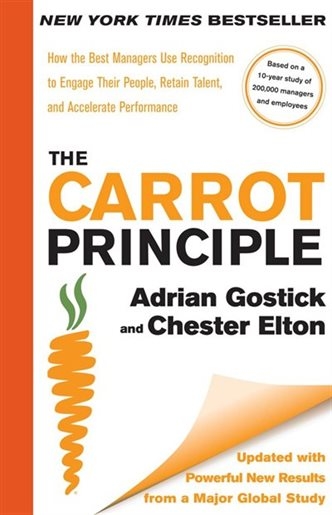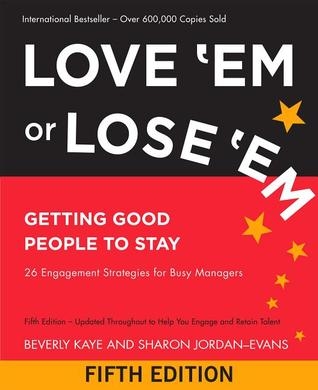
What is the ratio for real estate agents for every house for sale? It’s probably a lot. To get noticed around the neighbourhood and to generate leads, many real estate agents make the common mistake that the only thing they need to do is post online ads and billboards. This may attract some eyeballs and produce some leads, but it isn’t the most effective in today’s market.
Remember, with the housing market continuing to surge across Canada, particularly in Toronto and Vancouver, real estate agents are trying to stand out from the crowd.
How exactly can your real estate expertise get noticed? How can your current leads be cultivated? How can you give your sales sheet a shot in the arm? It’s simple: customer relationship management (CRM) software. That’s right. Real estate CRM is quickly becoming the tool to remain ahead of the competition and to ensure you’re the No. 1 salesman in the area.
Here are five real estate CRM tips for every industry professional:
1. Know You’re Selecting Suitable CRM Software

Every customer relationship management software is different. There isn’t a one-size-fits-all program tailored to every single real estate firm, or even company. They are all unique in their own right, and come with a wide array of functions and features.
What exactly do you need? Well, that is up to you to find out.
As you conduct your research and due diligence, you need to locate a CRM software that suits your needs and office demands. It can be hard to determine without trying out the product, so it would be recommended to take advantage of free trials.
2. Automation is Key in Real Estate

One of the best tools inside of CRM is automation. And, yes, you cannot remain apprehensive for much longer.
Rather than allocating your finite resources and time to mundane tasks, you can transfer the responsibilities to your CRM. Everything from maintaining email marketing to sending email messages, your CRM maintains a wide variety of automation.
3. Transfer Social Media Leads to CRM

More and more, social media is becoming a critical tool for real estate agents. Whether it is marketing a home for sale or trying to nab clients, social media is playing a massive role in the business model and marketing plans for realtors.
That said, it would be prudent to transfer all of your social media leads to your CRM program.
4. Maintain a Goal: One New Contact Per Day

With your real estate CRM fully integrated in your office, you need to take full advantage, and this can be done by establishing a goal. What could that be?
It’s simple: add one new contact every single business day. This is both a realistic and worthwhile objective. Five a week, 20 a month, 240 a year. That’s pretty good.
Unsure how to do it? Establish a plan, stick to it and modify when necessary.
5. Pay Attention to the Numbers

Just because your CRM is performing many tasks, updating your spreadsheets and complementing your workload, it doesn’t mean you should neglect the numbers.
In fact, it would be a great idea to hone in on the figures by paying attention and crunching the numbers every day. This will ensure that you are staying on track to meeting your objectives.
Customer relationship management tools are becoming a lifeline for businesses everywhere. This is especially important for real estate agents and offices. In fact, after you have integrated CRM into your business model, you’ll quickly wonder how you lived without it.
Remember, the housing market is booming, and this is attracting new real estate agents every day. Don’t let them eat away your territory. You must remain a worthy challenger and serious rival, and you can be one with a CRM inside your arsenal.









